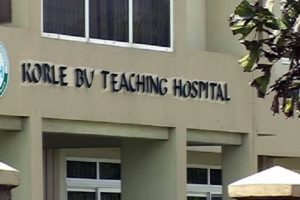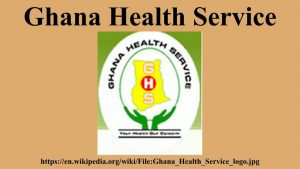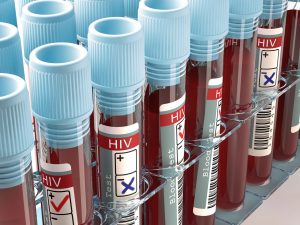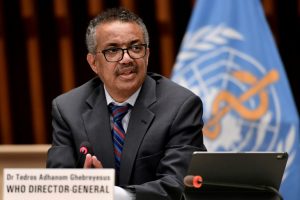The Former Director of Ghana Health Service (GHS), Professor Agyeman Badu Akosa, has urged Ghanaians to have regular medical check-ups to ascertain their health status.
According to him, diseases detected early were easy and less expensive to treat.
Prof. Akosa gave the advice at Tarkwa when the University of Mines and Technology (UMaT) in collaboration with the University Teachers Association of Ghana (UTAG), UMaT branch, and Gold Fields Ghana Limited celebrated this year’s World Health Day.
It was on the theme “Silent killers: A public health challenge”.
Touching on hypertension, he said in Ghana one out of two males above 40 years was hypertensive.
“In 1950 between 1-2 percent of Ghanaian adults were hypertensive, but currently the records are between 35 and 50 percent,” he said.
Prof. Akosa pointed out that this was one of the greatest epidemics that the country seemingly did nothing about.
He said diabetes, which used to be 0.2 percent was currently hovering around 8-10 percent.
The Former Director of GHS emphasized that the worse of all was the increase in cancers and kidney diseases.
Prof. Akosa said with “cancers occurring early in women, Ghanaians have allowed other people to dictate what beauty means to the African”.
He stressed that “if you do not have straight hair; you are not beautiful so everybody is using hair relaxers and straighteners, all these are endocrine distributors that creates fibroids and early cancers.
“All these diseases are preventable, if we are knowledgeable about what to do, eat, sleep for at least eight hours, drink enough water and exercising, then we would be creating a system that checks a lot of these diseases,” Prof. Akosa added.
Prof. Richard Kwasi Amankwah, Vice Chancellor of UMaT, said management of the University would organize health screening exercise for its staff.
The Vice Chancellor noted that “we would be doing this so that these silent killers that take our beloved once would actually end”.
An Associate Professor, Mr Solomon Nunoo, UTAG UMaT branch president, expressed appreciation to all those who helped to organize the programme.






